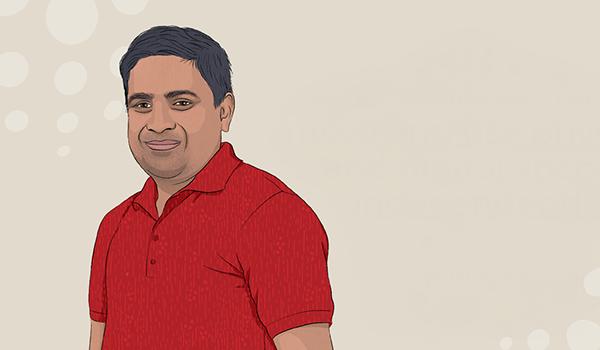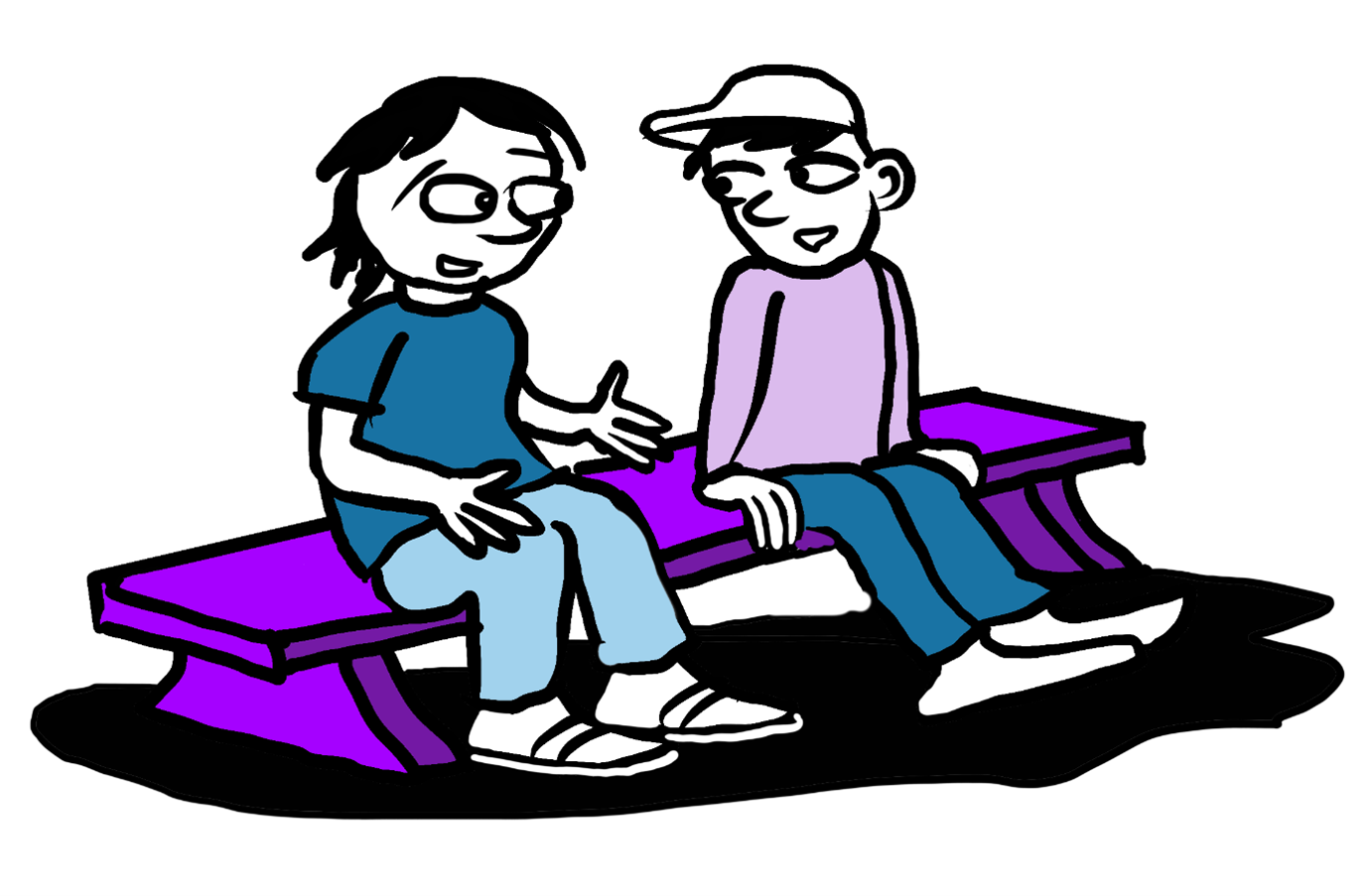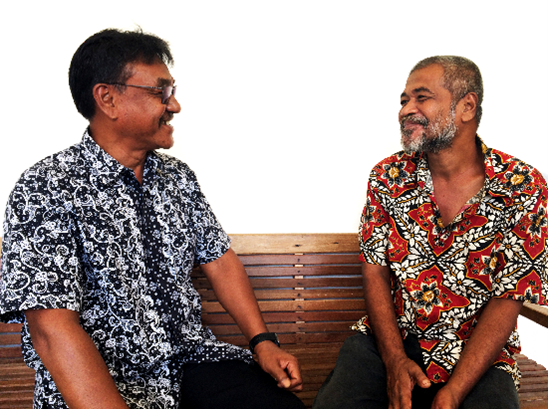Access to Hope by Louise Gosbell
Stories | August 10, 2022
One of the first things we did when the COVID-19 lockdown happened was rearrange our furniture.
Like many families, we found ourselves having to adapt our home to create functional work and study spaces for the whole family (including our cats!). This rearranging took some creativity and a lot of thinking outside of the box, but we made it work. While it was a disruption to the way we had always done things, it was amazing how quickly we were able to adapt to a new kind of normal.
Luke 14 shows Jesus at a banquet in the home of a prominent Pharisee. While there, Jesus noticed those guests attempting to take seats of higher honour (for example, the seats that were closer to the banquet host or special guests). These seats were more desirable because where a person sat at a feast was considered a direct reflection of their value and worth among their peers: the higher a person sat, the greater honour and respect were offered to them by other guests.
The problem with this ranking system was that there was no room at all for those who were poor or marginalised.
But as Jesus watched the arguments among these religious leaders about where they would sit, He offered them a challenge: take the seats of lower honour for yourself and allow the seats of higher honour to be taken up by those who you never normally invite to such banquets – the poor and people with disabilities.
I can imagine that the Pharisees might have felt a little awkward about being called out on their petty behaviour. But I can also imagine the Pharisees feeling a little like I did when we went into lockdown: they were happy with the way things were and didn’t much fancy having to rearrange the furniture, especially not to accommodate people they did not consider to be their social equals. They were comfortable with the status quo.
But Jesus’ point here is that the message of the gospel is far from the status quo. In fact, the gospel turns the status quo completely on its head. Jesus says that the marginalised and overlooked members of society should not only be given places at the table with everyone else but should be given the places of honour.
The message of the gospel challenges us to reprioritise the honour of others over ourselves. Sometimes this will mean we need to rearrange the furniture a little in order to make room for the marginalised at our table. Or, in some cases, rather than just rearranging, it might mean we need to act like the men in Mark 2 who completely dismantled the roof of a house to provide their paralysed friend with access to Jesus.
Making changes to our church communities to help facilitate the inclusion of the marginalised and people with disability might take some rearranging of furniture. It also might take some dismantling of our expectations of what church should look like. But as we begin to make changes that will provide greater access and inclusion – whether that’s captioning on videos, large-print Bibles and bulletins or ramps into all church buildings – we will soon find ourselves with a new idea of normal, and hopefully one that far better reflects the diversity and inclusion Jesus’ envisages in Luke 14.
Louise Gosbell is an Australian theologian working in the overlap of disability and biblical studies. Louise completed her PhD in Ancient History at Macquarie University in 2015.
About Louise
Louise is Dean of Students and Lecturer in New Testament at Mary Andrews College.
Louise has been involved with CBM Australia’s Luke14 program for over 10 years, helping train churches and Christian organisations on disability and inclusion.
Application – Practising Hope
Today’s invitation is to… invite someone you do not know well from your church community over for a coffee or a meal and spend some time getting to know them.
Respond as a church this week by… looking through the Auslan Bible translation videos and considering using one during an upcoming church service or Bible study.
Read more stories and reflections in our Prepared to Hope series.
https://www.cbm.org.au/stories/devotionals-on-hope-louise-gosbell
Related Stories

Access means I can move freely: Bimal Paudel on inclusion, innovation, and the ‘Accessibility Paradox’
For Bimal Paudel, disability inclusion isn’t just part of...

Strengthening communities for improved mental health
In the Philippines, people with psychosocial disabilities - particularly in rural and underserved areas...

Sustainable and replicable – our approach to mental health
At CBM, we realise that inclusion and mental wellbeing are foundational to the health...
